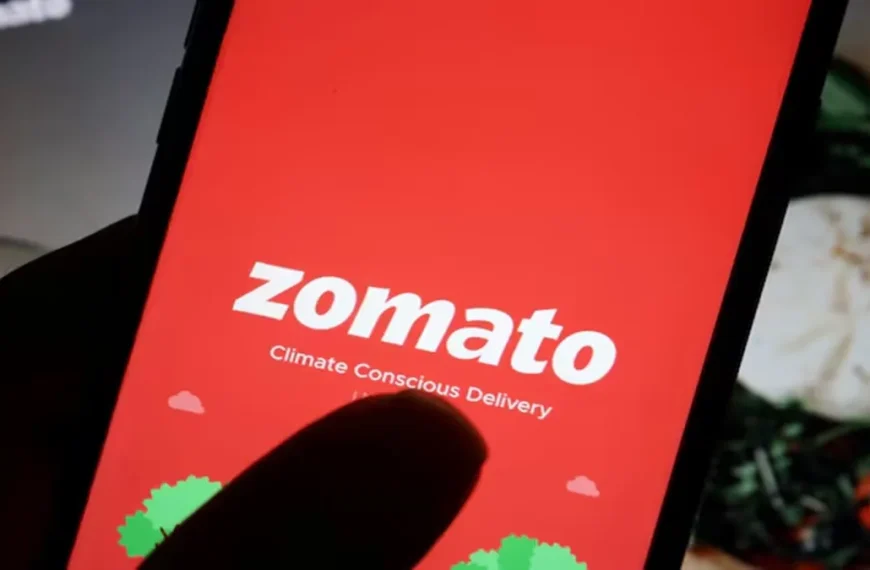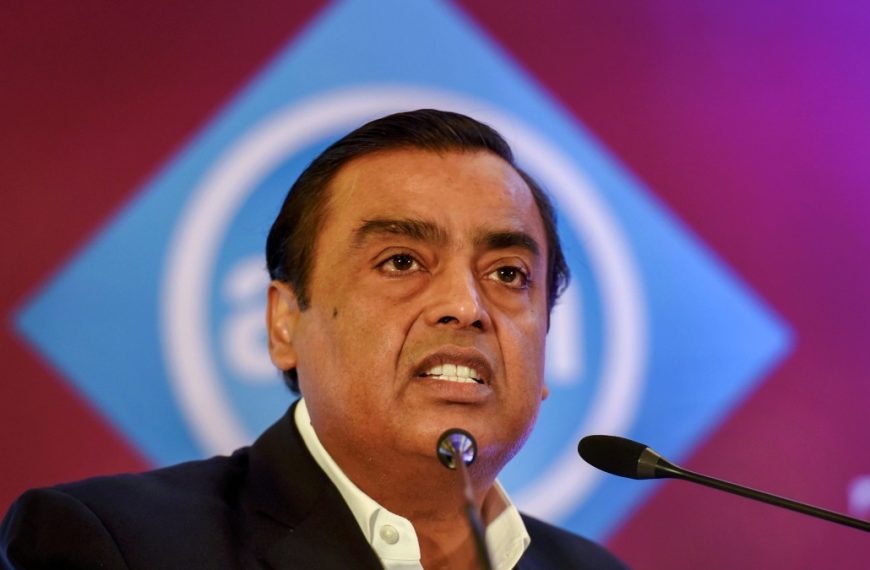The launch of Airtel SIM card sales via its rapid delivery partner, Blinkit, has been temporarily halted. This pause came after the Department of Telecommunications (DoT) raised concerns regarding the adherence to essential know-your-customer (KYC) protocols. Originally rolled out on April 15 in select regions, this service is no longer accessible on the Zomato-owned platform.
DoT’s Compliance Mandate
The DoT has formally notified Airtel, emphasizing the necessity of strictly following existing self-KYC regulations for all customers without exceptions. An email sent to Airtel for comment on this matter went unanswered prior to publication. A representative from Blinkit clarified that the service is merely paused and not permanently discontinued, assuring users that it will resume once appropriate checks are carried out.
Background on KYC Regulations
In 2024, the DoT introduced guidelines aimed at streamlining the issuance of new or replacement SIM cards, which included a paperless process and allowed customers to complete their KYC independently. However, ambiguity remains regarding the status of SIM cards already sold through Blinkit. According to a telecom industry expert, these cards are likely in the activation phase, necessitating further document verification by Airtel.
The Home Delivery Trend
Telecom operators have been offering home delivery of SIM cards for some time now. Customers can conveniently order multiple SIM cards—up to nine—from their chosen telecom provider through an app or website. Upon requesting a SIM, the prospective user must undergo a digital or e-KYC verification, which confirms their identity using government-issued documents, such as an Aadhaar card.
- Self-KYC Process: If customers choose to complete the self-KYC process, the SIM card is delivered to their home.
- Assisted KYC: If they opt out of self-KYC, a delivery representative will guide them through the KYC steps before handing over the SIM card.
Once the SIM card is delivered, customers have 15 days to activate it, provided they complete the KYC process. The DoT has raised objections to the delivery of SIM cards before this verification is finalized, highlighting the critical need for compliance in telecom transactions.
Conclusion
As the telecommunications landscape evolves, adherence to regulations remains paramount. The situation surrounding Airtel and Blinkit serves as a reminder of the importance of KYC processes in safeguarding user identity and maintaining trust in digital services. For those following the developments in telecom regulations, staying informed is essential.
For more updates on telecommunication services and industry insights, continue exploring our articles.











